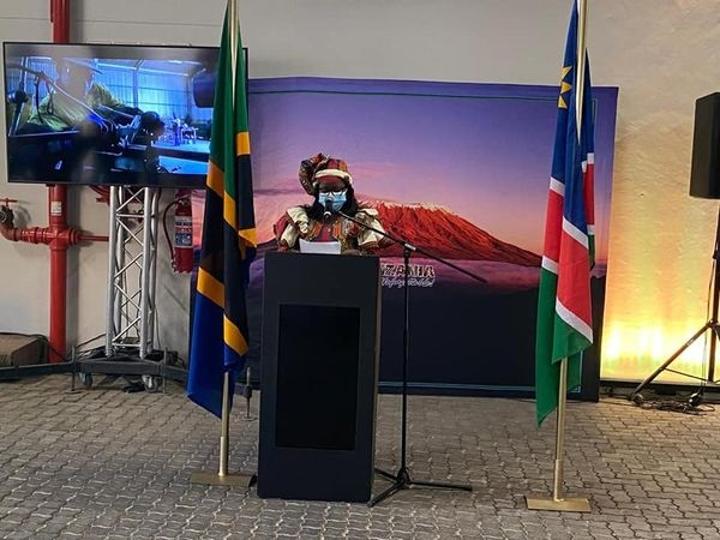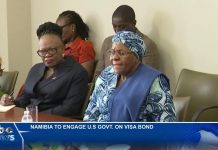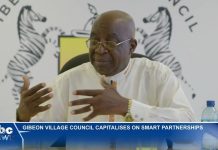Africa-Press – Namibia. Tanzania’s Father of the Nation Baba Mwalimu Julius Nyerere was on Thursday hailed by Deputy Minister of International Relations and Cooperation, Jenelly Matundu, as a driving force behind the total liberation of the African continent, as Namibia joined in to celebrate the 60th Independence Anniversary of the United Republic of Tanzania.
Speaking on behalf of Minister Netumbo Nandi-Ndaitwah, Matundu said that the Organization of the African unity (OAU), the forerunner of the African Union (AU) cannot be conceptualised without thinking of the African Leaders, including Julius Nyerere.
“Our forefathers who drafted the Charter of the OAU were very clear as to what Africa was looking for, mainly the total liberation of the African continent. So subsequently, the OAU undertook a decision to establish a Coordinating Liberation Committee that spearheaded the liberation of Africa. It was not by accident that the Secretariat of the Coordinating Liberation Committee was hosted in Dar Es Salaam, United Republic of Tanzania.”
Tanzania became the main operating Centre for most of the Liberation Movements in Southern Africa said Matundu, pointing out that most if not all, Liberation Movements from South Africa were housed in Tanzania.
“These included African National Congress (ANC) and the Pan African Congress (PAC) from South Africa, the Mozambique Liberation Front (FRELIMO), the People’s Movement for the Liberation of Angola (MPLA), the Zimbabwean African National Union (ZANU), the Zimbabwean African People’s Union (ZAPU), and the South West Africa People’s Organisation (SWAPO) of Namibia. These movements benefitted from the safety and stability of Tanzania as well as the experience and guidance which they received at no cost.”
Moreover, under the leadership of Julius Nyerere, Tanzania was at the forefront of institutionalization of what became to be known as the Frontline States whereby leaders from the independent southern Africa countries regularly came together to strategize on the way forward about the total independence of the region.
“Having fulfilled its mission, the Frontline States was transformed what now is called SADC to focus on the economic development of the region, as a building block of the African Union.”
Today, bilateral relations between Namibia and Tanzania which area based on the historical reality has continued to grow after Namibia’s independence.
“At the same time, we encourage Namibians to look for business opportunities in Tanzania to increase trade volumes between our two countries and to drive benefits from investments that come with the African Continental Free Trade Area. This is the only way we can realize the aspirations of the Africa We Want as stipulated in the Agenda 2063.”
For More News And Analysis About Namibia Follow Africa-Press






